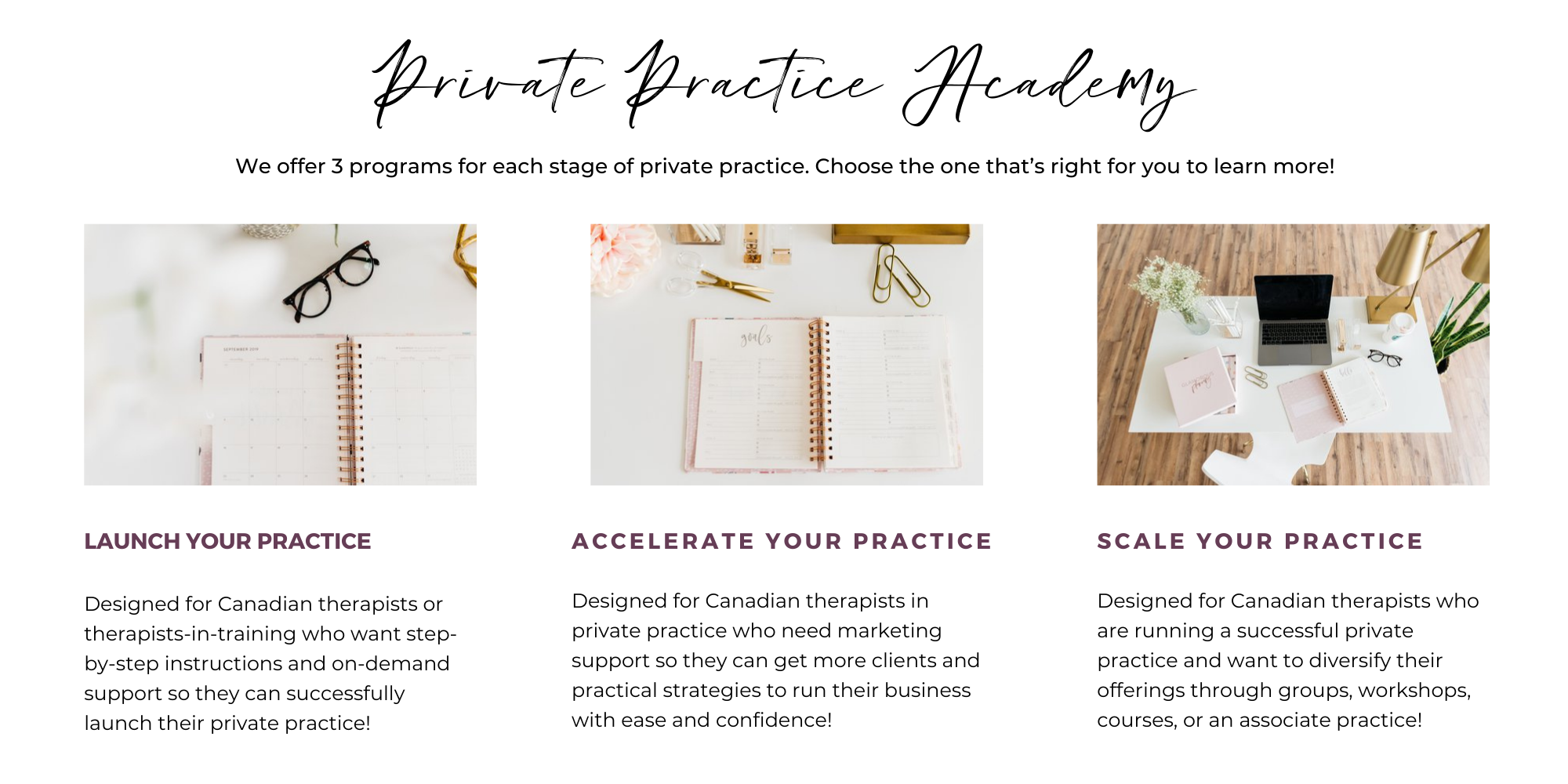Discounts are passé anyway ...
You can't start up a private practice without being introduced to the "M"-word .... marketing.
A good percentage of the posts in the Build Your Private Practice Facebook Group are about how to get new clients, how to incentivize folks, how to increase the size of your caseload, etc. etc. Just as commonly, I hear people asking if we can offer discounts, packages, and sales to help get new clients in the door.
I'd like to share an insightful experience from the wellness industry, which offers a valuable lesson in this regard. Remember the surge of online discount platforms like Groupon, WagJag, and Living Social? These sites became immensely popular by offering products and services at significantly reduced prices. However, there was a catch: businesses had to offer steep discounts, and then these platforms would take a percentage of the already lowered price. Essentially, it was about gaining exposure and clientele at a considerable cost.
Initially, this strategy seemed to work for some. Business owners reported that despite the low prices, they were able to impress customers with outstanding service, converting them into regulars.
The problem was, that the popularity of these marketing companies was exploding … and everybody was getting on board. However, this approach soon showed its flaws. As more businesses joined the discount trend, customers became adept at playing the system. They hopped from one deal to another, leading to a culture where the expectation of low prices became the norm and businesses began to suffer financially. This was particularly evident in the wellness and fitness industries, where service providers found themselves in a relentless cycle of discounting in order to incentivize their new customers to keep coming.
In my personal opinion, the whole thing was just a really bad idea. It devalued services, it played into the desire of people to get a good deal, it set up a negative expectation of really low-cost services, and it caused many businesses to suffer financially.
When I was first registered as a Psychotherapist with the CRPO in Ontario, I was grateful that they didn’t allow their members to offer discounted sessions, or “deals”. In many provinces and territories across Canada, doing so as a mental health practitioner is considered unethical. But, of course, this question still comes up… because offering a discount is such a popular and relatively easy way to get new clients.
So, how does one attract clients without falling into the discount trap? The key is to focus on building connections and trust. Imagine the impact when a client reaches out because they resonate with your philosophy, your approach, and your expertise. This kind of relationship sets a positive foundation for effective and fulfilling sessions.
The key is …. to think, “service before sales”.
How can you put yourself out in the community, in front of your ideal customer, so they have a chance to get to know you, develop a relationship with you, and get a sense of who you are, what you offer, and how you can help them?
Figure out who your ideal client is, and then understand where they spend their time and what they’re interested in. How can you get yourself in front of them, and create an opportunity to connect?
Would they read a blog you’ve written? Would they show up at a free seminar? Would they come to a workshop, or listen to a podcast? Would they join a Facebook Group you organize, or watch you on a Facebook Live? Would they come to a lunch-and-learn at work?
There are an endless amount of things you can do both in your community and online, to create connections and build relationships. When you figure out what your ideal client will respond to or be interested in, and then you show up there and offer something meaningful to them that allows them the opportunity to start to "know, like, and trust" you, then will people start reaching out to you, excited to work with you, and satisfied to pay your regular rate.
You might have reservations about offering free content, or running a 2-hour seminar without getting paid, or spending time writing blogs ... but trust me—the time you spend offering something you are passionate about will yield a much better return on investment than all of the hours and money you will spend on other marketing efforts that often flop anyway.
Wouldn’t it be amazing if a new client called you up or emailed you and said, “I’m reaching out because I just know you are the right person to help me. I saw you at _____ (or heard you speak at ____), and everything you were saying really resonated with me. I have a good feeling that you know exactly what I’m going through, and will be the best person to support me.”
When your relationship with a new client starts off that way, you are likely to be a lot more excited about the work you are doing, your new client will likely receive more benefit from therapy, and it’s unlikely that you will feel the need to reduce your rate or work for less than what you feel is fair.
Forget the discounts and the sales… get out there (either in person or online) and share your wisdom and experience. Start connecting, relating, and building trust. Before you know it, clients will be reaching out to you, asking to work with you, rather than you feeling like you’re selling yourself short.
Good luck! And if you need a little extra support, feel free to check out the BYPP programs here!

